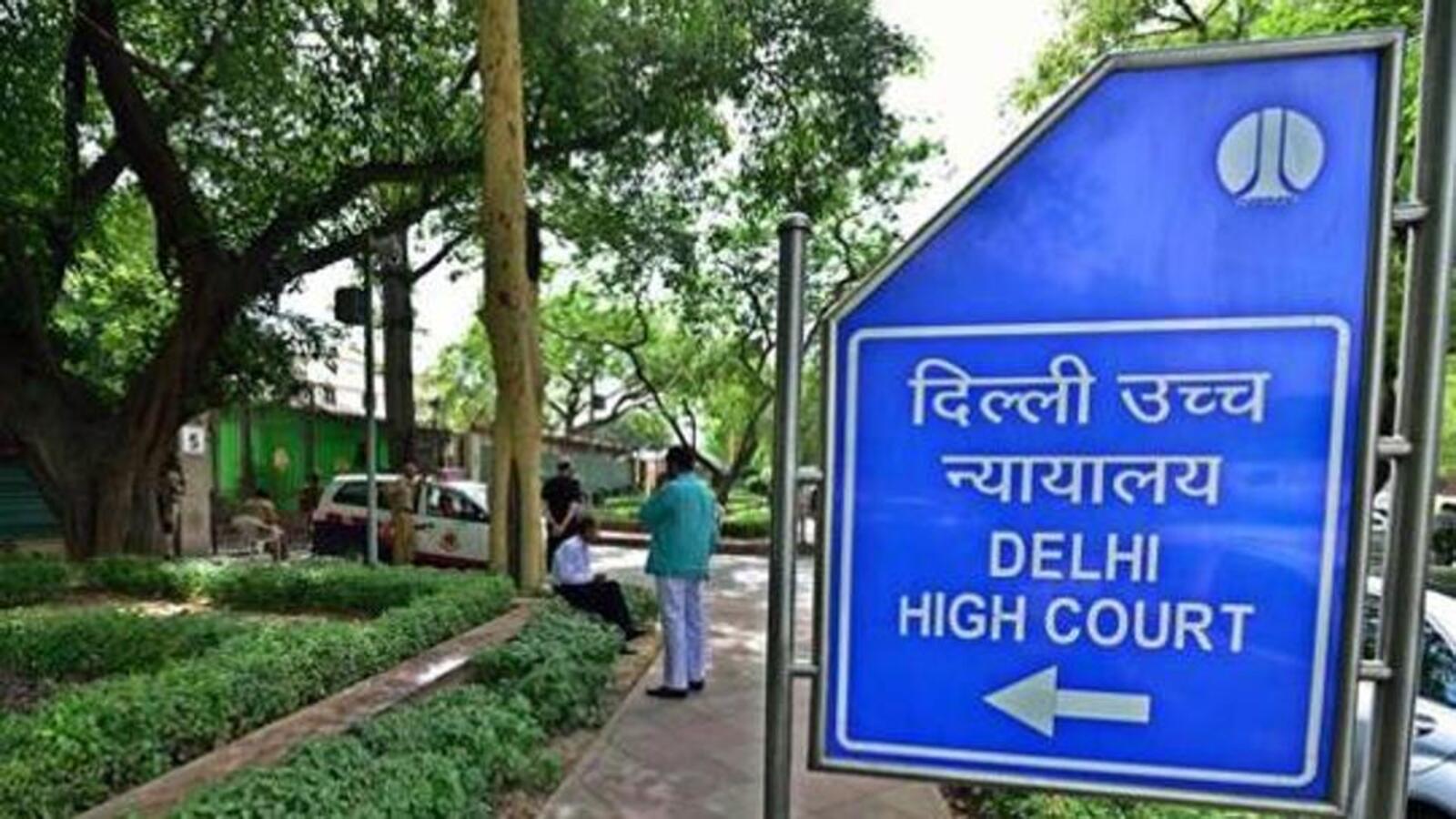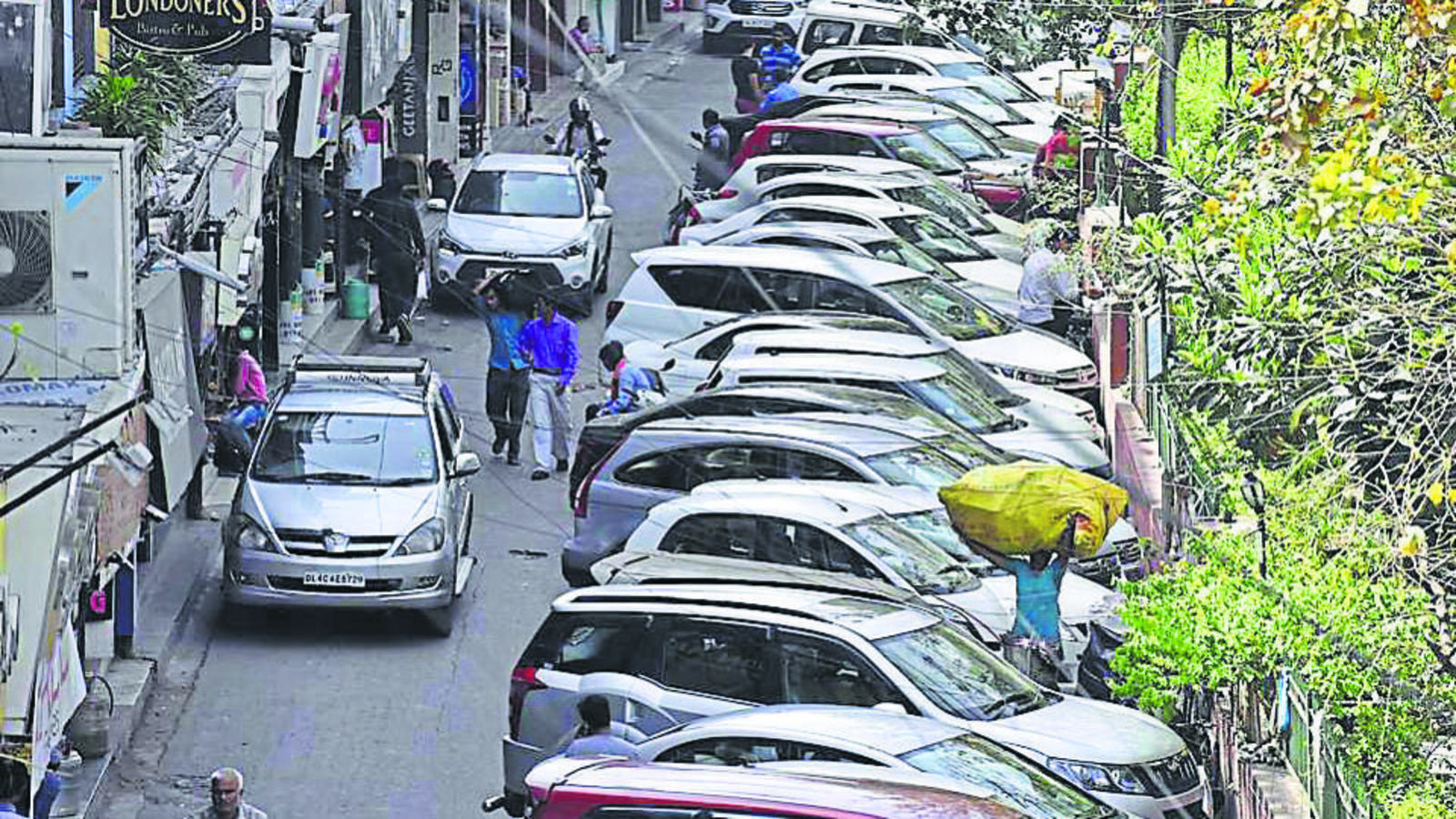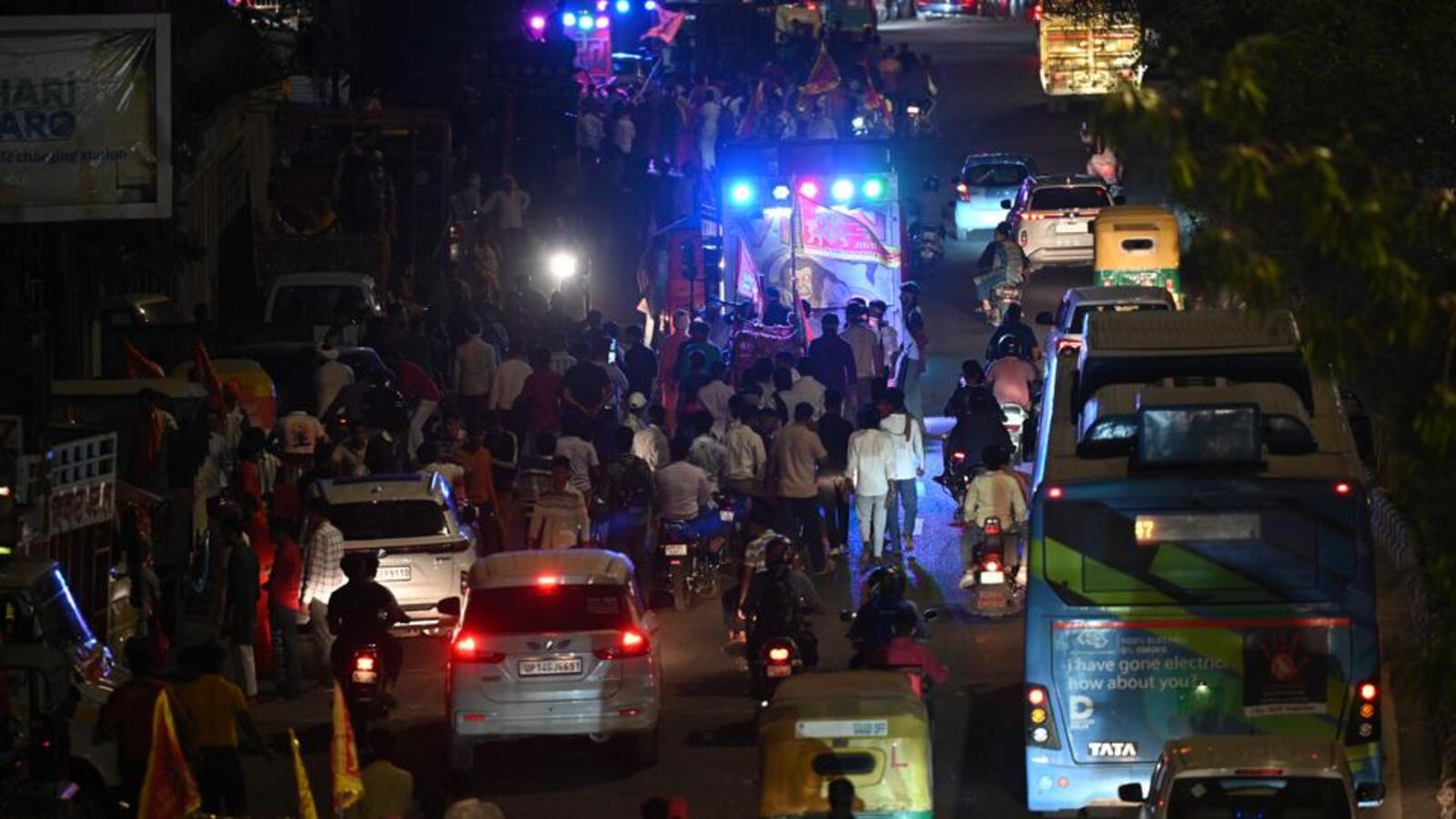New Delhi

Freedom of the press is a cornerstone of a democratic society, and journalists should have the latitude to exercise their professional judgment without fear of being sued for defamation, the Delhi high court held in a ruling aimed at protecting the right of the press to disseminate information freely and fearlessly.
Dealing with a defamation suit filed by a startup seeking removal of an allegedly defamatory article published by a media firm, a bench of justice Purushaindra Kumar Kaurav in his verdict released on Thursday said that a publication cannot be rendered defamatory as long as its gist is based on accurate truth and facts.
“Freedom of the press is a cornerstone of a democratic society, and it necessitates a degree of latitude for journalists to exercise their professional judgment without fear of excessive legal reprisal. In defamation proceedings, the doctrine of substantial truth takes precedence against minor factual inconsistencies that do not render a publication defamatory so long as the gist or sting of the publication is claimed to be based on truth and facts pleaded to be materially accurate,” justice Kaurav held in the ruling dated March 24.
He said, “A journalistic expression, in the absence of prima facie evidence demonstrating malice, reckless disregard for the truth, or gross negligence in reportage, cannot be subjected to an exacting standard of mathematical precision.”
The matter pertains to a defamation suit filed by Ruchi Kalra, co-founder of Unicorn startup OFB Tech Private Limited, against Slowform Media Private Limited, a company publishing an internet magazine titled “Morning Context”. Kalra contended that the company had hyperlinked an allegedly defamatory article written in May 2023 to four other articles published in November and December of 2023 and October and December of 2024. The suit contended that the allegedly defamatory article could not be covered under the garb of investigative journalism and its online presence was repeatedly harming the startup’s reputation.
Consequently, the court refused to grant relief asserting that the company and its founders lacked promptness as they had approached the court a year after the publication of the articles and the article, even from a journalistic point of view, did not fall in the category of reckless.
“Therefore, the instant application is bound to fail as the conduct of the plaintiffs is contrary to submissions of urgency and irreparable loss made by the learned counsel of the plaintiffs. Apart from the lack of promptitude, the grant of an injunction in the present matter is further precluded by the cumulative and conjoint application of the legal principles articulated hereinabove,” the court maintained.
On the hyperlinking contention, the court said: “If hyperlinking of the defamatory article is done enabling the reach of the defamatory article or publication which has the potentiality of hampering the reputation of the defendant then it would amount to republication… If the hyperlinking of a publication is done in a manner in which it refers to the content that conveys defamatory meaning, not because a reference was created, but because, if understood in context, it actually expressed something defamatory, then it would amount to republication.”












Leave a Reply